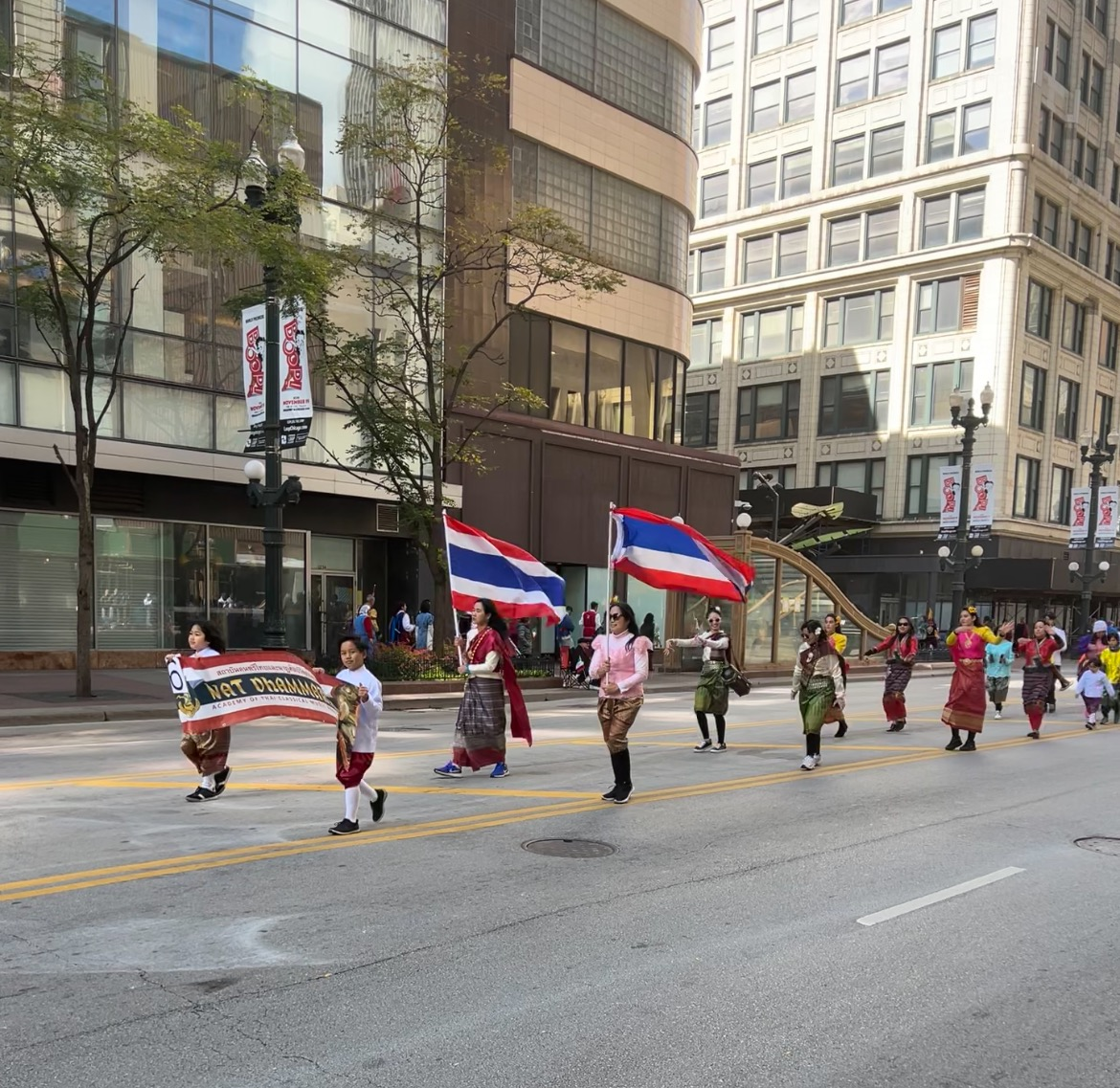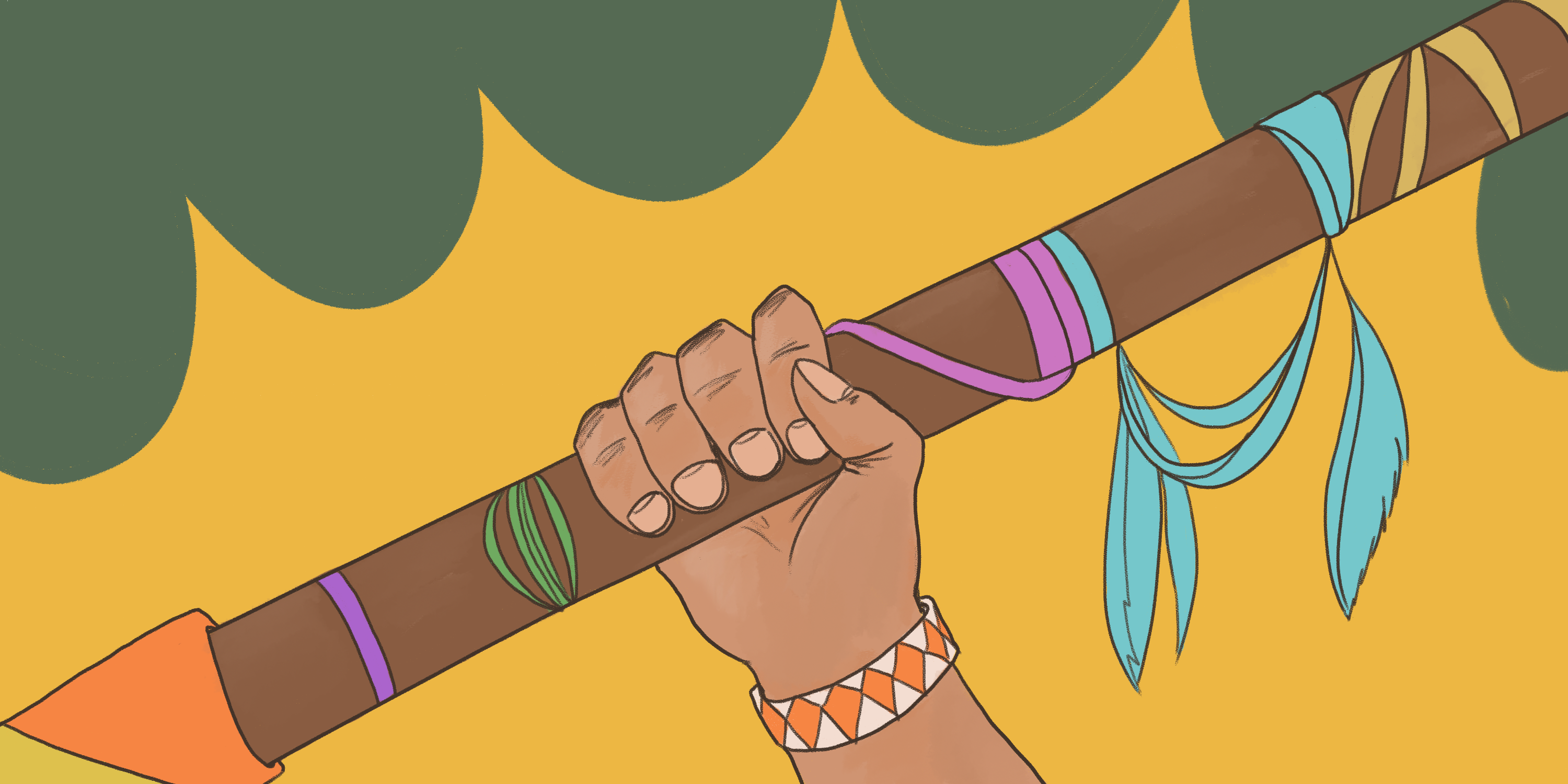Last Monday many places celebrated Indigenous communities across the United States, rather than honoring Christopher Columbus.
October 9 transitioned from Columbus Day to Indigenous People’s Day in 17 states around the country, and there have been calls to instate it as a federal holiday. This holiday marks more than a name change. It is a reminder that despite the recognition by name, Indigenous people continue to grapple with a lack of representation in Chicago.
Although Indigenous People’s Day is being acknowledged, there is a lack of amplification for this group of people in the city through actions made by officials.
“People use Indigenous People’s Day to counter Columbus Day, when, really, there is already a set Indigenous People’s holiday which occurs on October 12, called Indigenous People’s Resistance Day,” Angelina Alvarez, president of the Native American and Indigenous Student Association at DePaul University, said.
Despite Chicago having a vastly diverse city with communities ranging in socioeconomic status, race, demographic, and even sports teams, representation is lackluster, according to Daniel Hautzinger from WTTW.
“Chicago today has the third-largest urban Native American population in the United States, with more than 65,000 Native Americans in the greater metropolitan area and some 175 tribes represented,” Hautzinger said.
Although both holidays are meant to celebrate two communities and their heritage, the history behind Columbus Day is rather polarizing compared to Indigenous People’s Day. Italian Americans at the Joint Civic Committee of Italian Americans (JCCIA) see the original holiday as a reminder of when their families traveled to America and began a new legacy in this country.
“I do not enjoy the thought of anyone celebrating Columbus Day, because [Columbus] is not someone who should be valued at all, or celebrated,” said DePaul student Delila Moreno, who attended the parade.
The newer holiday that takes its place, Indigenous People’s Day, aims to focus on those who have origins from America before settlers arrived.
In 2023, Chicago still celebrates what they call “The Columbus Day Parade.” According to NBC Chicago, “Each float this year will salute an individual or aspect of our culture that makes us proud to be Italian American.” This year, the 71st annual parade was hosted by the JCCIA.
To obtain a larger audience and avoid further controversy, the JCCIA featured floats and sections of the three-hour parade with a select few non-Italian groups, some including Filipino and Pacific Islander. Not a single float or display was exhibited for Indigenous people, nor was the Indigenous Community addressed at all throughout this function. Posts were shared from various local news stations such as NBC and Chicago Sun-Times. Overall, the focus was on floats for various Italian groups and organizations around the city.

One of only two Filipino groups represented at the Columbus Day Parade. Photo by Siona Chibber.
When I first saw the flags, I thought they were representing Mexican pride,” Moreno said “I didn’t really see a lot of other cultures [being represented], it was just so many Italian [floats]. It seemed more of an Italian parade than anything related to Indigenous people.”
Upon this celebration, countless protests and demonstrations from Native American groups in Chicago were silenced from the general public. While Indigenous People’s Day was publicly recognized by President Biden in 2021, Columbus Day is still observed as a federal holiday.
The only response from the city regarding the tension that breeds from Columbus Day was a response from a city panel in August of 2022. The group voted on permanently removing three Christopher Columbus statues, according to a Digital Staff Writer from Fox 32 Chicago. Before that, in July 2020, Mayor Lightfoot ordered a statue to be removed as well with no warning, only to be placed back the following day. Since then, no further discussion or actions have been taken by the city in response to the holiday or the protests from Native Americans in Chicago.
“Even when people say the parade is to celebrate all cultures, it’s not. There is nothing to show for in these parades that celebrate Indigenous cultures,” Alvarez said.
Columbus Day has been criticized for the holiday’s misinformation and lack of education regarding its history which suggests erasure of Indigenous culture and tradition. This Monday continues to cause division and controversy while struggling to spark conversation among Native and Non-Native Americans.
“Columbus Day is embarrassing. What are people celebrating, that they are on stolen land?” Alvarez said.
Header by Rafa Villamar




NO COMMENT